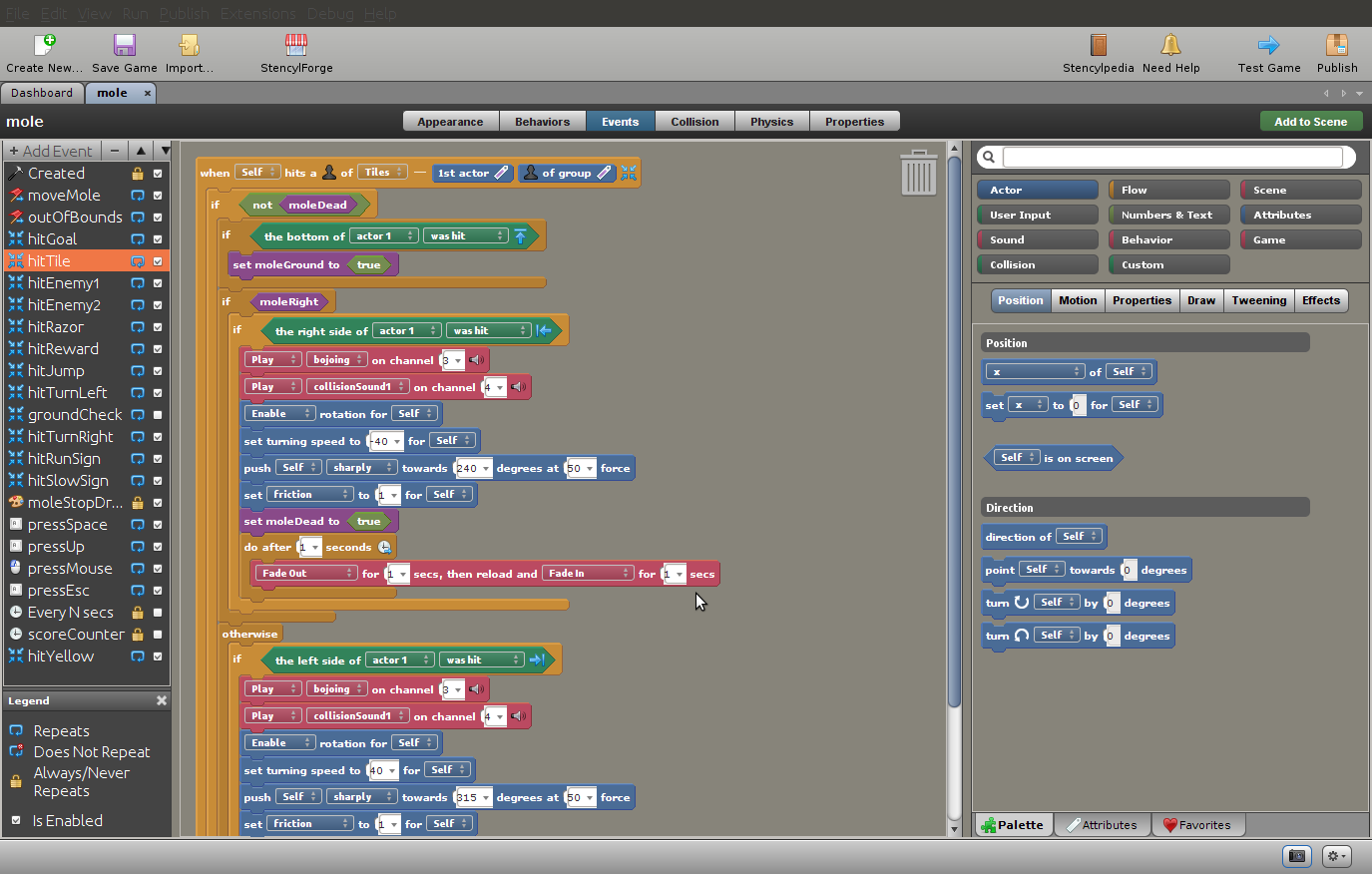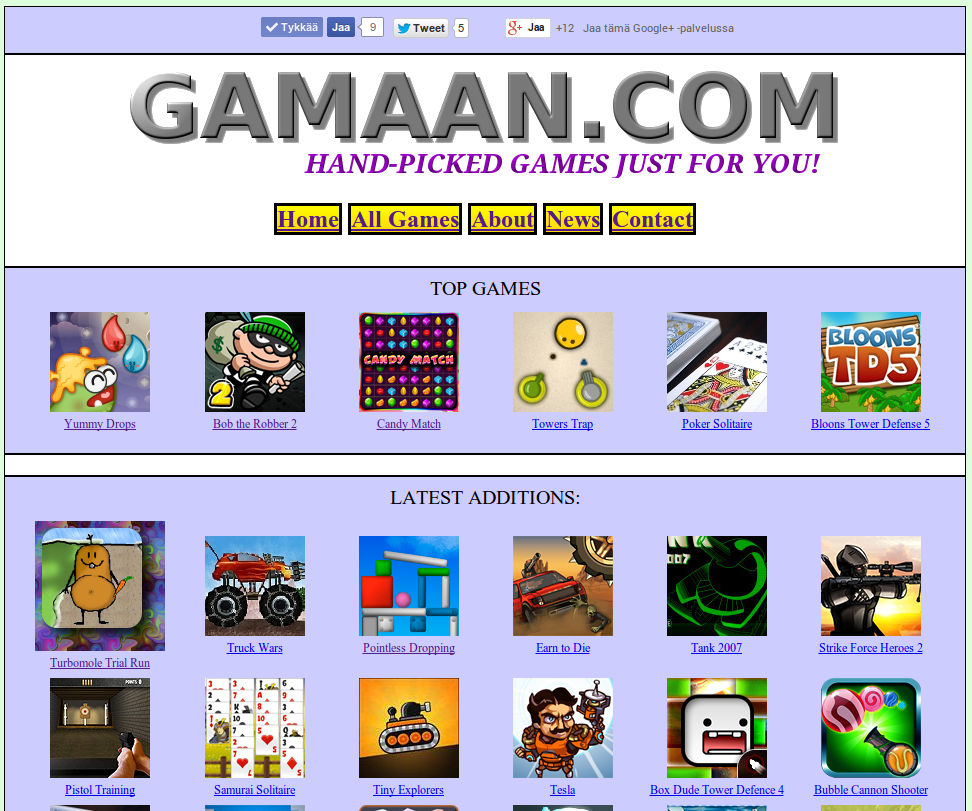Testing, testing...
During the past weekend my target was to finalize " Explopool " flash game. Basically, the game mechanics was working pretty well and the content was also in good shape from my point of view. However, I found some flaws in the first tests and decided that overall gameplay was not on the satisfactory level. Therefore decided to postpone the release date and started to do some major modifications to improve gameplay and overall look&feel. Testing your game is extremely important, especially if you are going to make a public release of it. Although your brand new game seems to be finalized on the surface, it is very probable that there is still some polishing to do and in most cases also some bugs to be fixed. Finding those may require very intensive and creative testing. Common target for game design and testing is to make a game that will be a positive experience for the end user. If game designer (=you) is the only tester, then it is very probable that the testing e

